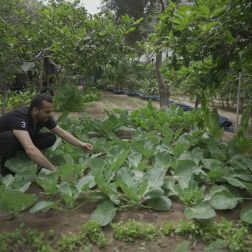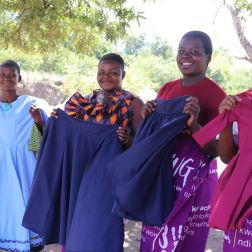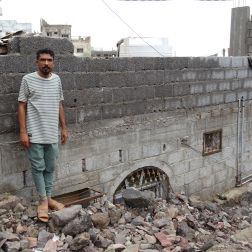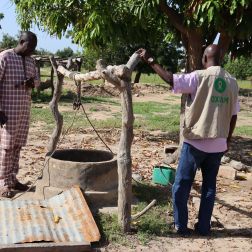- 5 mins read time
- Published: 2nd June 2022
Climate and Economic Shocks Create Crisis in East Africa
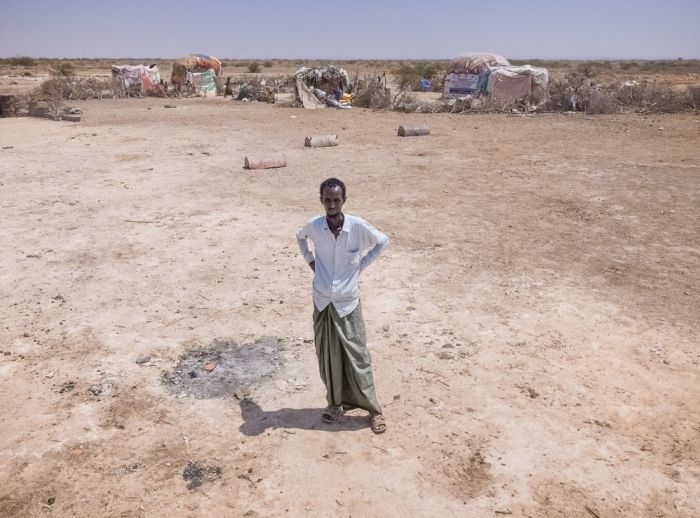
Oxfam is responding in four countries and urging more international assistance to help people facing severe hunger.
In the northern Somali state of Puntland, pervasive drought is endangering the lives of people and their livestock. “Within my lifetime, this is the worst drought I have ever experienced,” says Abdulahi Farah Isse, 27, who has lost nearly 40 of his 100 cows in the last few months. He says that it is not unusual for dry conditions in some years to kill livestock, “but it’s never been like this.”
“I am very much worried for this drought and the near future,” Isse says abut the hunger crisis in Puntland. “If these cattle all die, the people will be at risk. Our children need milk from the cows, which is a challenge now but we are trying to do our best so our people will survive.”
The problem people like Isse are facing in Puntland is not just a lack of rain, but a combination of prolonged climate-induced drought, conflict, the economic fallout from COVID-19, and the war in Ukraine that has caused a spike in grain prices across the world.
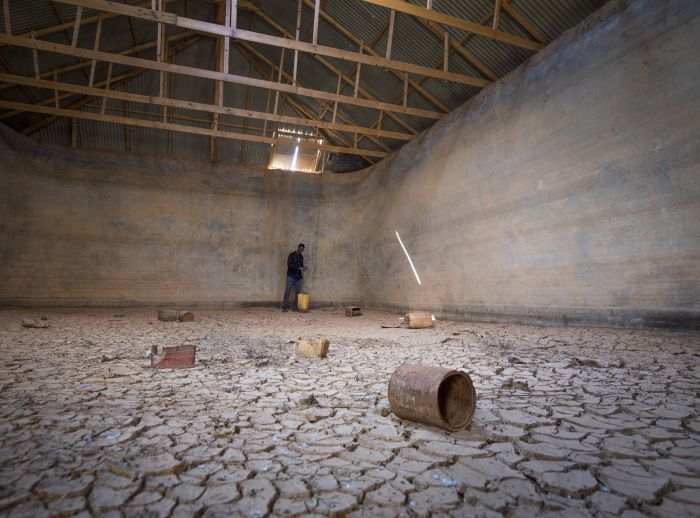
These factors are affecting people across Somalia, where 90 percent of the country is experiencing drought, as well as other parts of East Africa. One person is likely dying of hunger every 48 seconds in drought-ravaged Ethiopia, Kenya, and Somalia, according to estimates by Oxfam and Save the Children in a report highlighting the world’s repeated failure to stave off preventable disasters. The report, titled Dangerous Delays 2: The Cost of Inaction, published 10 years after famine in Somalia killed more than 260,000, says that nearly half a million people across parts of Somalia and Ethiopia are facing extreme hunger and famine-like conditions. In Kenya, 3.5 million people are suffering extreme hunger.
What Oxfam is doing to prevent extreme hunger
Oxfam is working with local organisations to reach more than two million people across four countries: Somalia, Kenya, Ethiopia, and in South Sudan, where five years of seasonal flooding has displaced 350,000 people.
In Somalia, Oxfam is working with local organisations, such as KAALO Aid and Development, to provide lifesaving water, sanitation, and health support. Together, we are drilling wells, distributing hygiene kits (to help protect communities from water-borne diseases), distributing cash, seeds, tools, and training farmers in small-scale greenhouse farming.
Oxfam is working with a network of organisations in northern Kenya’s arid zones. These organisations are providing cash to help people buy food and other essential items. So far we have distributed cash to 40,000 people. We are repairing wells and other water systems, and promoting good hygiene to help people prevent COVID-19 and other diseases in eight of the most hard-to-reach, and worst-affected, counties.
To respond to the severe drought in Ethiopia, Oxfam is scaling up our work in the southern Somali region to reach 180,000 people with support for small businesses, vaccination and veterinary treatment of livestock, agricultural support, and cash-for-work projects.
Oxfam’s work with partners in South Sudan is helping people in five states and aims to reach 383,000 people with safe water, resources for sanitation and hygiene, cash grants for families to buy food and other essentials, and support for people to build their incomes, such as seeds, tools, and fishing kits.
Oxfam is also advocating for governments and others to respond to the immediate crisis with humanitarian assistance, while also investing in programs and services that fight inequality and help people improve their lives over the long term and reduce their vulnerability to climate change.
“We must respond now, at scale, to avert further tragedy,” the Dangerous Delays 2 report concludes. “But we must also learn the lessons of the past decade to ensure that next time we act pre-emptively to avoid the crisis. As climate catastrophe threatens a future of increased crises, we dare not fail that promise again.”
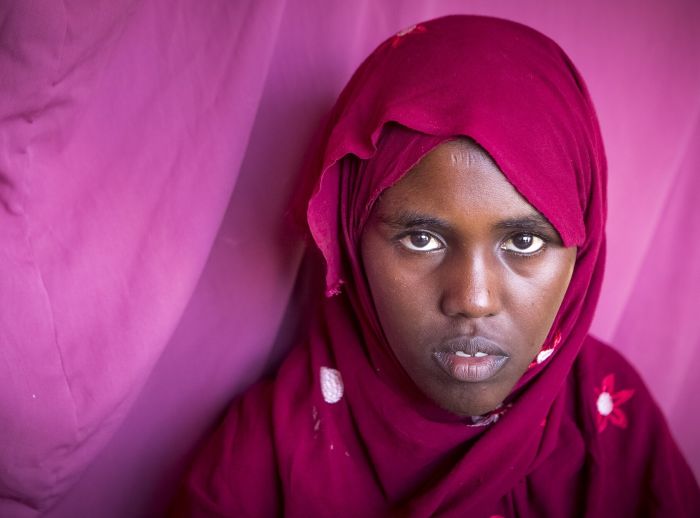
A Dangerous Delay
The climate crisis is devastating lives and livelihoods. And it is the people least responsible who are paying the heaviest price.
Across East Africa alone, millions of people are suffering severe hunger because of a deadly combination of conflict, extreme weather – flooding in some countries, drought in others — and the economic fallout of COVID-19.
It’s time to act.
